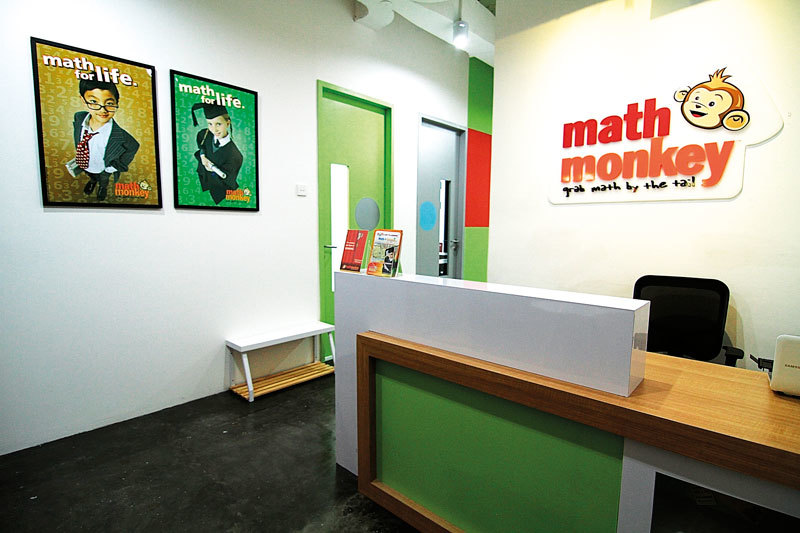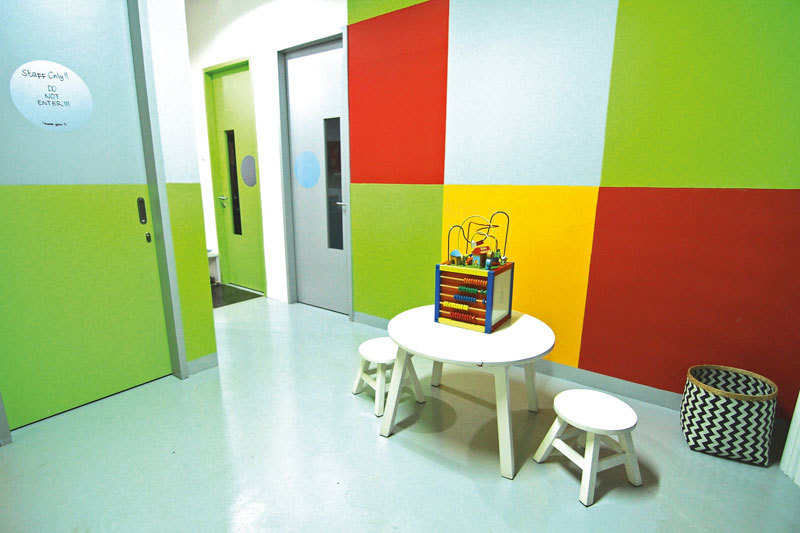Students learn math best when they work on problems they enjoy, rather than exercises and drills they fear, according to a study at Stanford Graduate School of Education. In line with the finding, educators around the world are finding themselves always seeking the most effective and practical ways to teach children mathematics.

One way to do that is by introducing Vedic Mathematics, a method that traces back to the ancient system of Indian mathematics where calculations are carried out mentally and pupils are encouraged to invent their own methods. It is deeply rooted in mathematical logics, trigonometry, calculus and algorithms – covering all the basics while imparting great accuracy, simplicity and speed.
At Math Monkey, an enrichment math program aimed at bridging the gap between traditional education and the true needs of tomorrow’s leaders, educators have combined Vedic Math with the creativity of the West – through games such as Indiana Jones Treasure Hunt, car race, basketball competition and many more – to create a method that helps children enjoy and excel in mathematics. Even the names of the calculation techniques sound exciting, such as Magic of Eleven, Vertically Crosswise and Nikhilam Multiplication.
“Take a look at Magic of Eleven, for instance. Try to answer this [multiplication] without any calculator,” Cially Tan, Math Monkey Kemang co-founder and Math Monkey Pluit Curriculum Manager, asked journalists covering the grand opening of Monkey Math Kemang while pointing at a multiplication problem she’d written on a white board.
“We have 23 x 11. Naturally, you’d be looking for paper and pen to solve the problem. By applying Magic of Eleven though, you just need to add “0” to the first number, which is “2”, which will result in “2”. Add “2” to the next number, which is “3”, and you’ll have “5”. Add “0” to “3” and you’ll have 3. The answer is 253.”

The ability to solve ‘difficult’ problems or huge sums is just one of the benefits of learning the Vedic system. By and large, children will realize that math is beautifully interrelated and unified, if not simple and easily understood, and thus enjoyable.
Math Monkey is geared toward children aged three to 12 years old, with programmes that are divided into eight levels or “troops”: Baby Monkey Troop (3 – 4 years old), Green Monkey (4 – 5 years old), Lemur Troop (6 – 7 years old), Chimpanzee Troop (7 – 8 years old), Gibbon Troop (8 – 9 years old), Orangutan Troop (9 – 10 years old), Baboon Troop (10 – 11 years old) and Gorilla Troop (11 – 12 years old). Students are expected to attend classes once a week afterschool for 60 to 90 minutes. Each programme lasts for approximately three months. Every instructor is responsible for a maximum of five students and Teaching assistants are available for bigger classes.
Math Monkey was first initiated in the US in 2006 by Kristen Fisch, a former teacher and early childhood educator. Its franchise outlets have since flourished in many other locations, from Mexico to Hong Kong, Thailand, Malaysia, Singapore, Brunei Darussalam and Indonesia. Math Monkey Kemang joins earlier establishments in Pluit (headquarters), Kelapa Gading, Permata Buana and Cibubur – the brainchild of Cially Tan, Ratih Danisworo, Zavnura Pingkan, Ranti Danisworo, Fenty Gozali and Handayani Lim.
Math Monkey Kemang
Colony Building, 2nd Floor,
Jl. Kemang Raya No. 6
+62-21 29529937
www.mathmonkey.co.id






